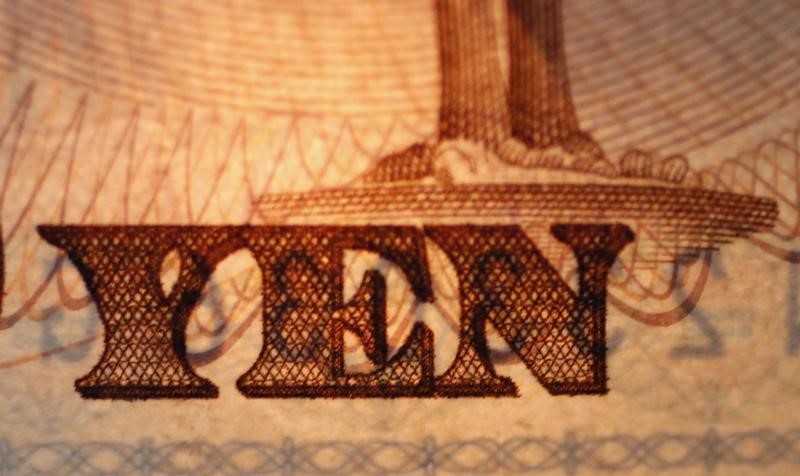Investing.com - The yen gained in Asia on Monday with mixed data on industrial output and retails sales driving sentiment.
USD/JPY changed hands at 113.41, down. 0.52%, while AUD/USD eased 0.03% to 0.7125.
In Japan, provisional industrial production for January rose 3.7%, better than the gain of 3.3% seen month-on-month, for the first gain in three months. As well, retail sales fell 0.1%, weaker that the gain of 0.9% expected year-on-year for January and the third straight drop.
In Australia, the MI Inflation gauge fell 0.2% month-on-month in February, while business inventories fell 0.4% quarter-on-quarter for the fourth quarter and company gross operating profits dropped 2.8% quarter-on-quarter. Housing credit rose 0.5% in January. As well, private sector credit rose 0.5% month-on-month.
The U.S. dollar index, which measures the greenback’s strength against a trade-weighted basket of six major currencies, was down 0.04% to 98.09.
Earlier, ANZ said business confidence in New Zealand in February came in at plus-7.1, down sharply from plus-23.0 in December. The Southern Hemisphere holiday month of January was skipped.
In the week ahead, investors will be looking to Friday’s U.S. nonfarm patrols report for fresh indications on the strength of the labor market.
Investors will also be focusing on surveys of manufacturing and service sector activity in both the U.S. and China, while Monday’s euro zone inflation data will also be closely watched ahead of next month’s European Central Bank policy.
Also on Monday, Monday, the U.K. is to produce data on net private lending. Canada is to release data on the current account and raw material price inflation.
The U.S. is to publish reports on business activity in the Chicago region and pending home sales.
Last week, the dollar strengthened against the other major currencies on Friday after broadly upbeat U.S. economic reports fueled speculation that the Federal Reserve may raise interest rates again this year.
Data on Friday showed that while the U.S. economy slowed in the fourth quarter, the pace of the slowdown was not as steep as initially estimated.
The Commerce Department said gross domestic product grew at an annual rate of 1.0% in the three months to December, up from an initial estimate of 0.7% growth. Economists had expected fourth quarter GDP growth to be revised down to 0.4%.
Separate reports, showing consumer spending and inflation rose in January added to the view that the U.S. recovery is on track.
